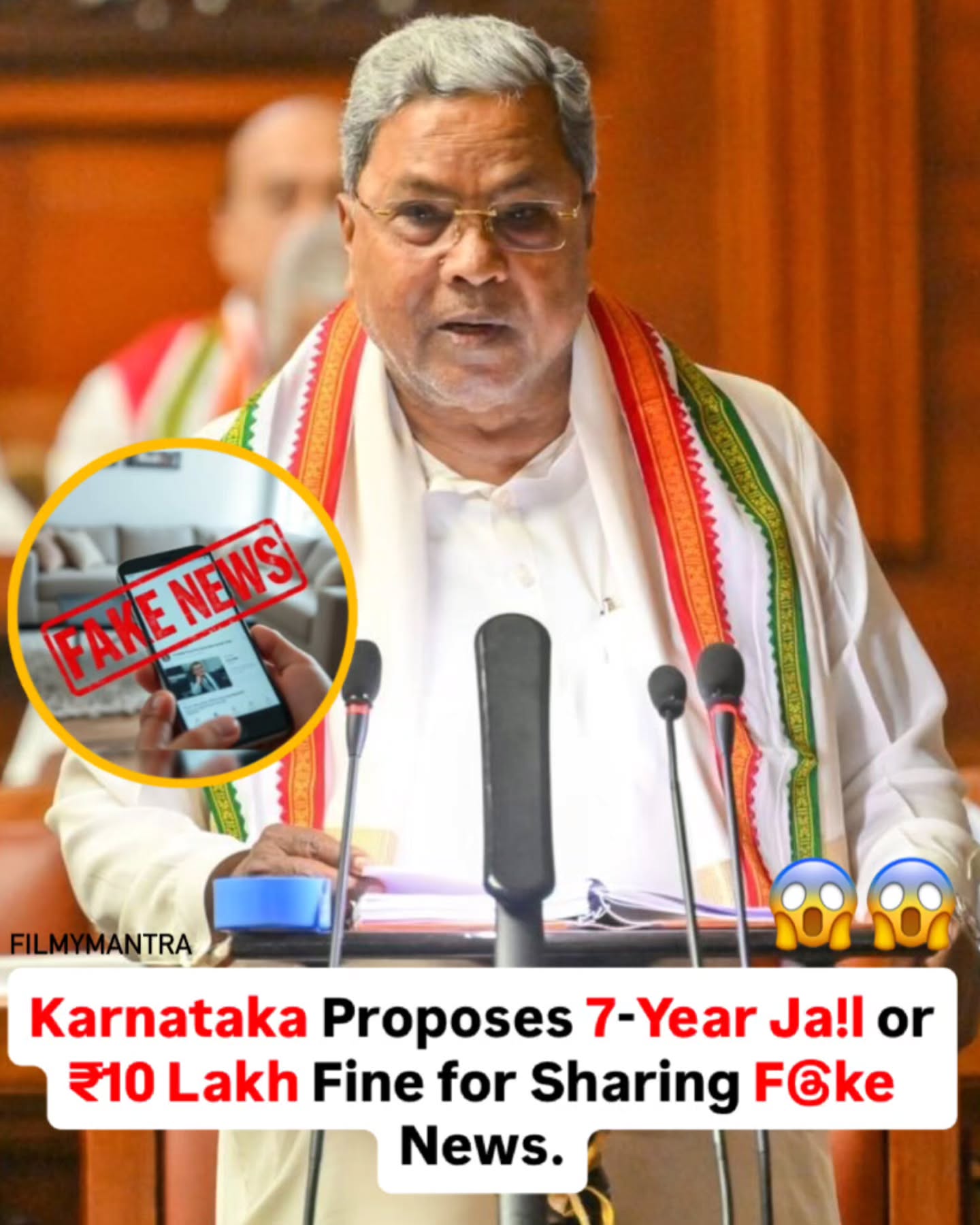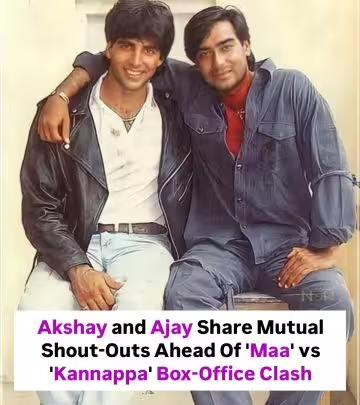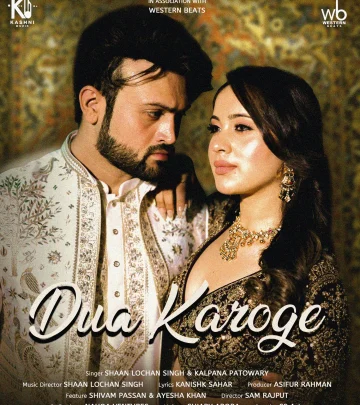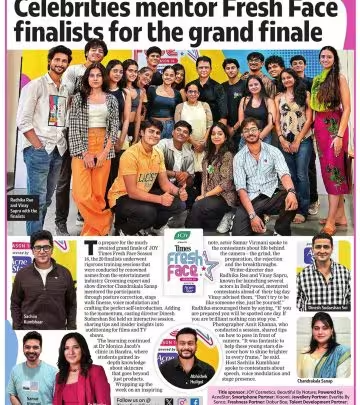State Draft Laws On Fake News And Hate Speech
State introduces draft laws against f@ke news and h@te speech to regulate online content!!

Image: Instagram
The state government is set to introduce two draft laws aimed at tightening the regulation of online content. In a move that has caught the attention of media watchers and digital users alike, the proposed bills are designed to target two significant challenges in the modern digital landscape: f@ke news and h@te speech. Filmymantra Media, known for its up-to-the-minute updates on a range of topics from lifestyle to political shifts, has brought this development to the forefront of discussion.
Government Initiative
Officials from the state administration have made it clear that the primary goal of these draft laws is to rein in the increasingly widespread dissemination of misinformation and abusive content on digital platforms. The first bill is tailored specifically to combat the spread of fabricated news stories that can mislead the public and undermine trust in reliable sources. The second piece of proposed legislation targets hate speech, aiming to curb online expressions that can fuel division and societal discord. Both measures represent a proactive step toward ensuring that the digital space remains a fair and secure environment for all users.
This legislative initiative is part of a broader trend where governments around the world are grappling with the challenges posed by the unregulated nature of online information. With social media platforms now serving as primary sources of news and public opinion for millions, the pressure is mounting on regulatory bodies to enforce measures that balance freedom of expression with the need to prevent harmful content from proliferating. The state government’s approach is to codify these protections in law, thereby providing clear guidelines for digital conduct and accountability.
Draft Bill Details
Analysts note that the proposed draft laws have been carefully framed to address both the overt misinformation propagated online and the more subtle yet damaging narratives that can emerge in the form of hate speech. The bill concerning f@ke news proposes strict penalties for individuals and organizations found guilty of intentionally spreading false information that could incite public fear or disrupt societal order. Meanwhile, the hate speech bill is crafted to differentiate between mere controversial opinions and content that actively incites hatred, discrimination, or violence against particular groups.
The language used in the draft bills reflects an effort to be precise. While critics argue that such measures might impinge on free speech, government spokespeople have assured that the intention is not to stifle legitimate expression but to target harmful content. The regulatory framework is expected to include provisions for monitoring, investigation, and enforcement that will be conducted in a manner consistent with democratic values and individual rights.
Implications For Digital Media And Public Discourse
The introduction of these laws could have far-reaching implications for digital media companies, social networking platforms, and the general public. With the digital ecosystem evolving at an unprecedented pace, the new regulations are anticipated to set a precedent for how online content is managed and moderated. Media houses and content creators will likely need to adjust their practices to comply with the forthcoming rules, which could include stricter fact-checking processes and enhanced transparency regarding content sources.
For citizens, these moves promise a safer online experience by reducing exposure to misleading information and inflammatory rhetoric. However, there are ongoing debates about the potential for overreach. Critics of the draft laws raise concerns about vague definitions in the legislation and the possibility of misuse by those in power to silence dissent. Despite these concerns, proponents argue that the benefits of curbing the spread of fake news and hate speech far outweigh the risks, especially in an era where unchecked online abuse can have real-world consequences.
Filmymantra Media’s coverage of this development has attracted a sizable audience, reflecting the public’s interest not only in entertainment and celebrity news but also in the evolving landscape of digital governance. Previous posts by the media outlet have touched on other regulatory and cultural shifts within the digital realm, and this latest report marks another instance where the intersection of technology, politics, and public opinion takes center stage.
In addition to the legislative specifics, experts are watching how these measures will be implemented in practice. The effective enforcement of such regulations depends on a robust legal infrastructure, cooperation from technology companies, and a clear communication strategy to avoid public confusion. The state government has indicated that it will engage in consultations with various stakeholders, including tech experts, media representatives, and civil society groups, to refine the legislative details before the laws are codified. This collaborative approach is seen as essential to navigating the complex issues inherent in regulating online speech without undermining democratic freedoms.
While the bills are still in the draft stage, the announcement has already ignited conversations across social media and news platforms. As the debate continues, both supporters and opponents of the new regulations are closely monitoring further developments. This legislative effort serves as a critical test of the government’s ability to balance the imperatives of public safety and digital integrity with the fundamental right to free expression.
Ultimately, the proposed draft laws underscore a turning point in how online content is governed. By attempting to stamp out fake news and hate speech, the government is taking a firm stance on issues that have become increasingly central in the digital age. As discussions and revisions of the draft continue, stakeholders from all sides will be watching closely to see how these initiatives will shape the future of digital communication and public discourse.
Read full bio of Cynthia Jean Daniel
























